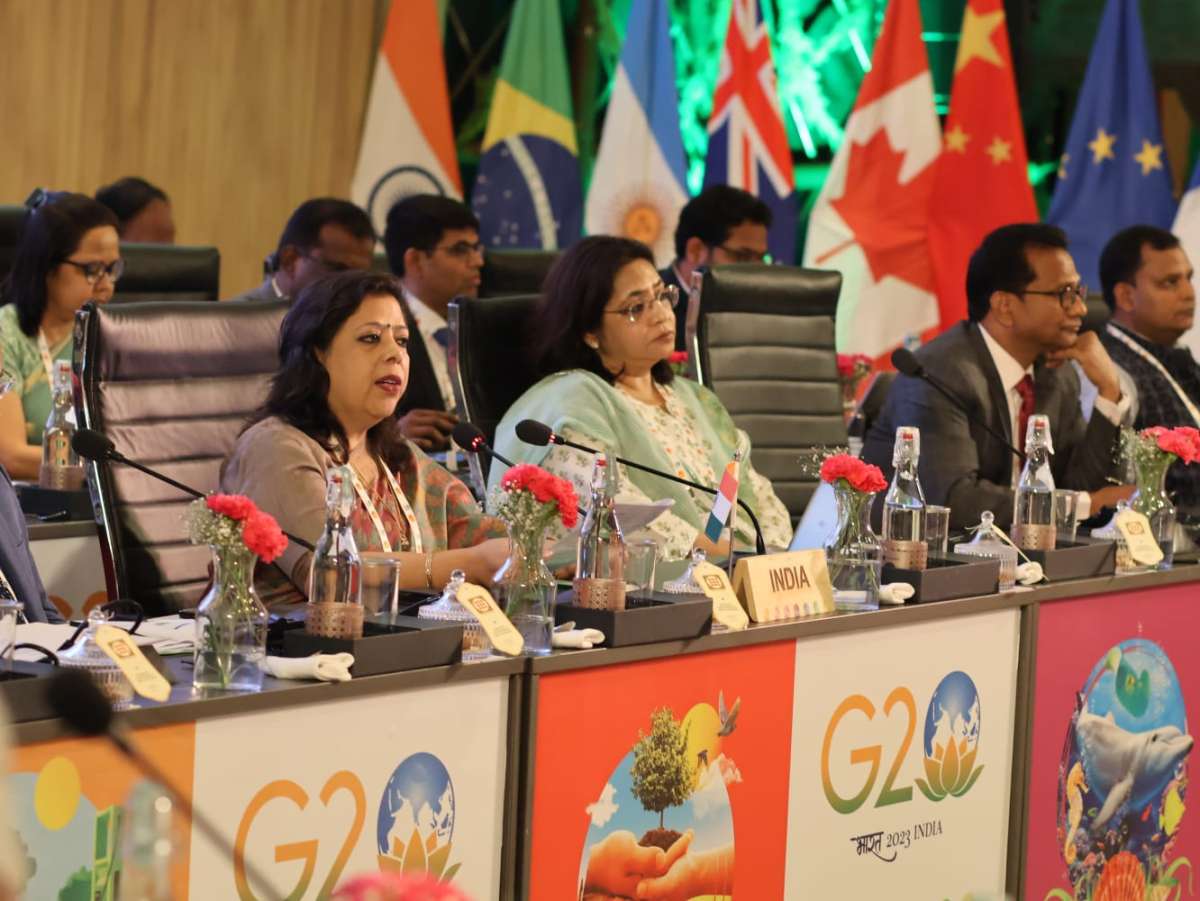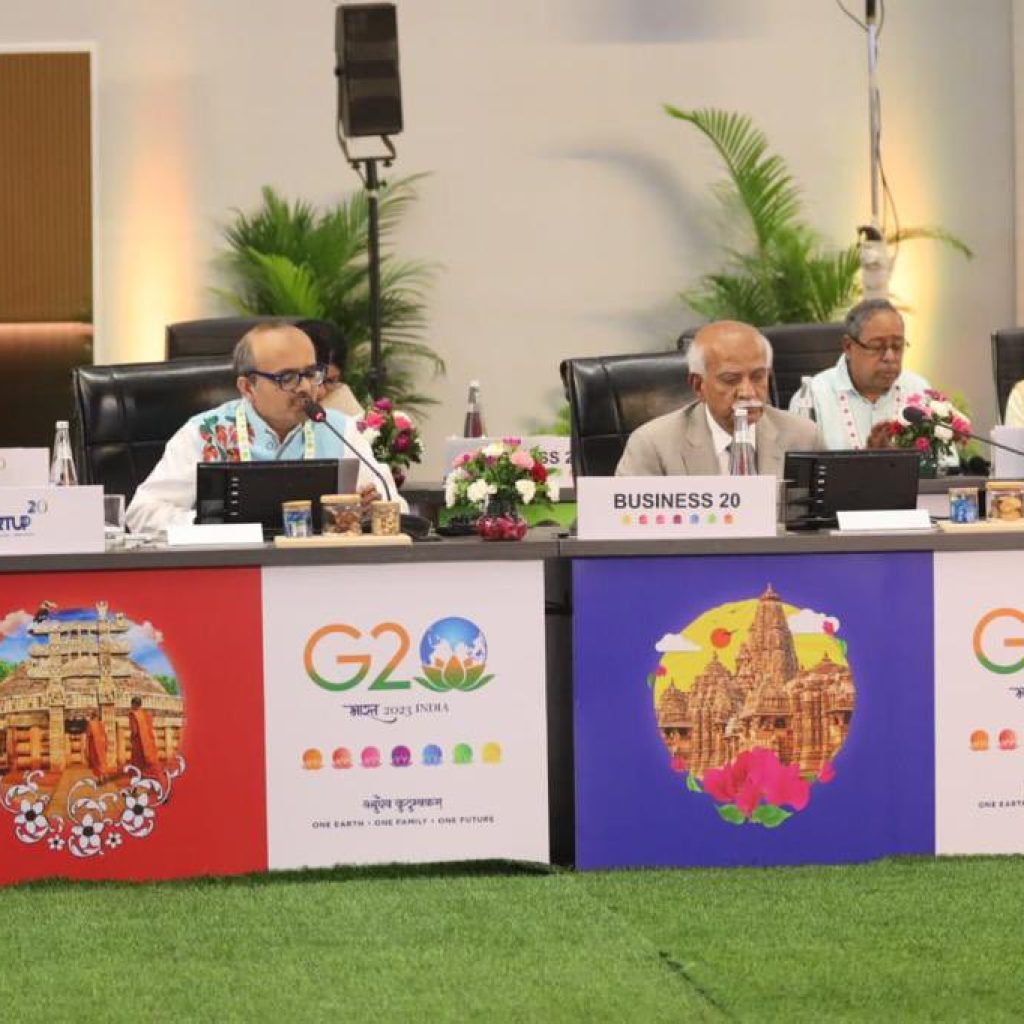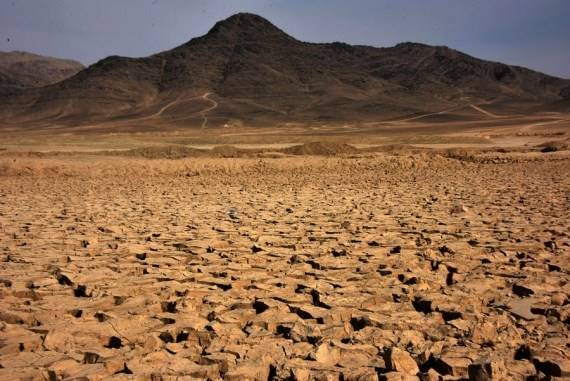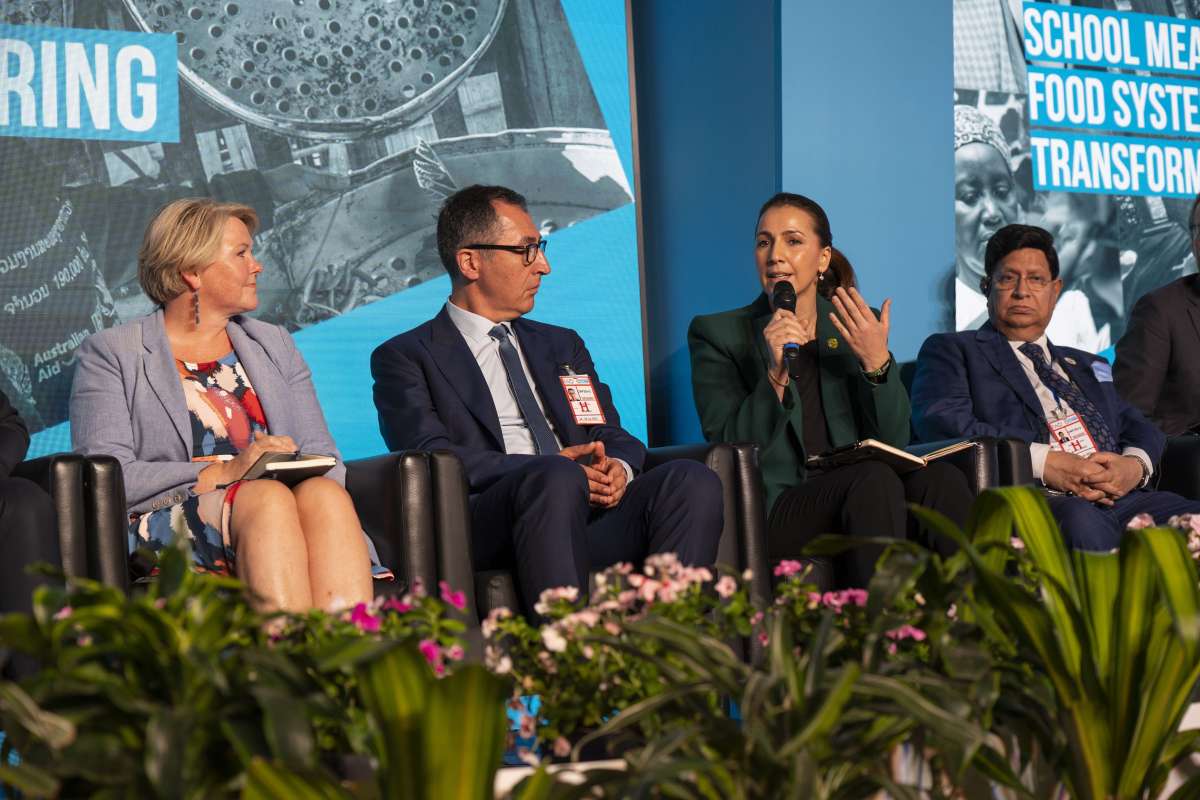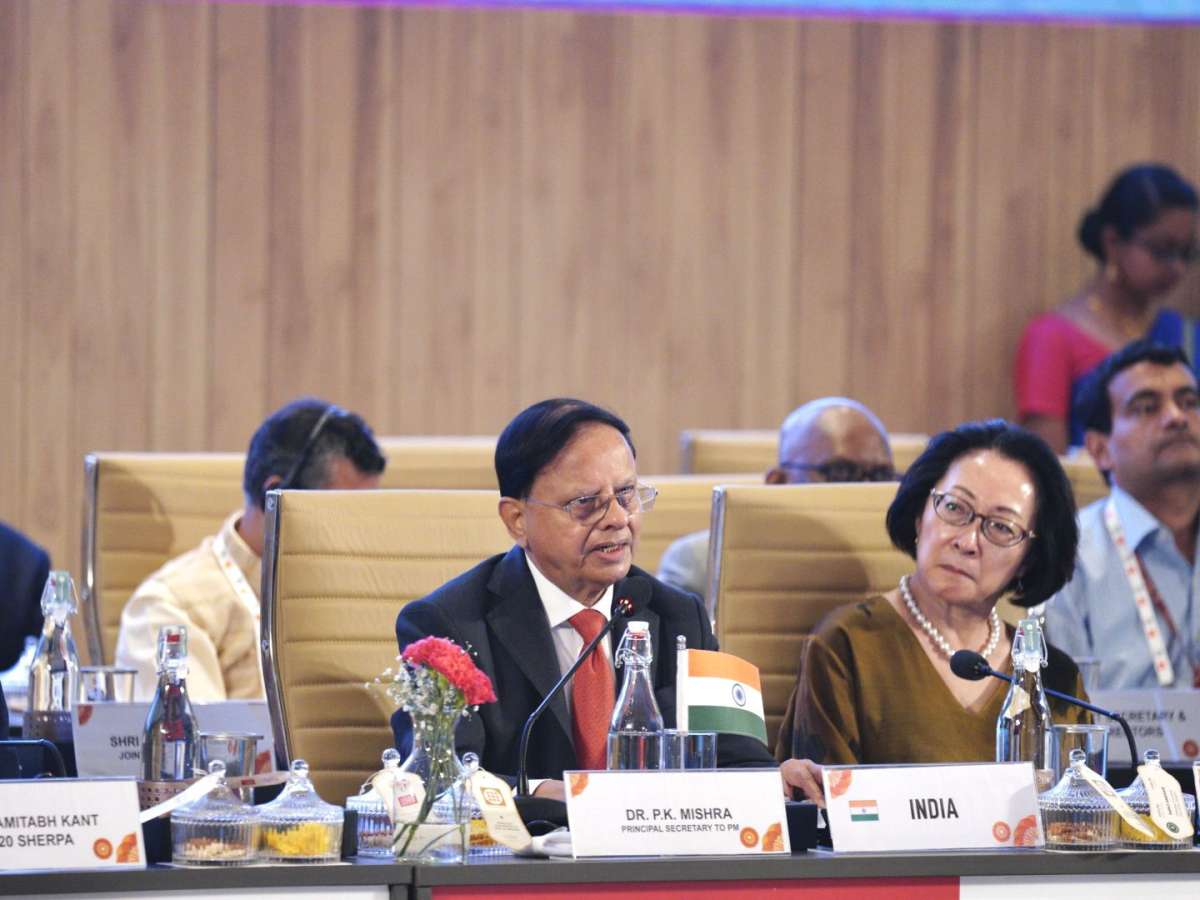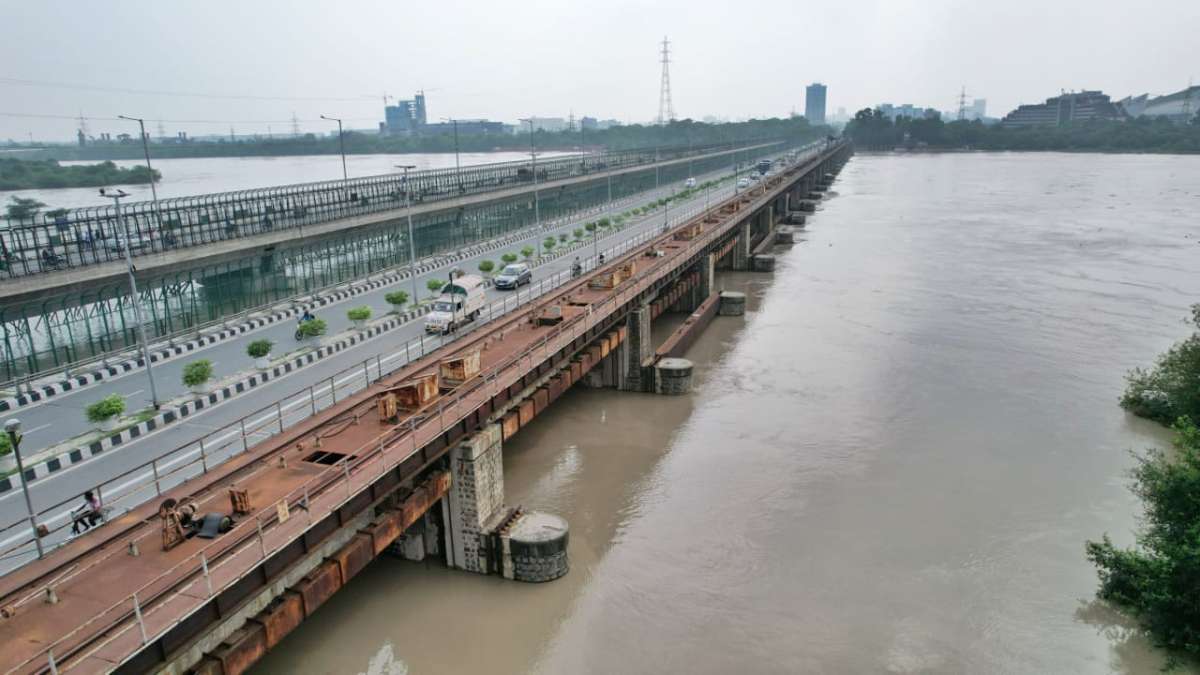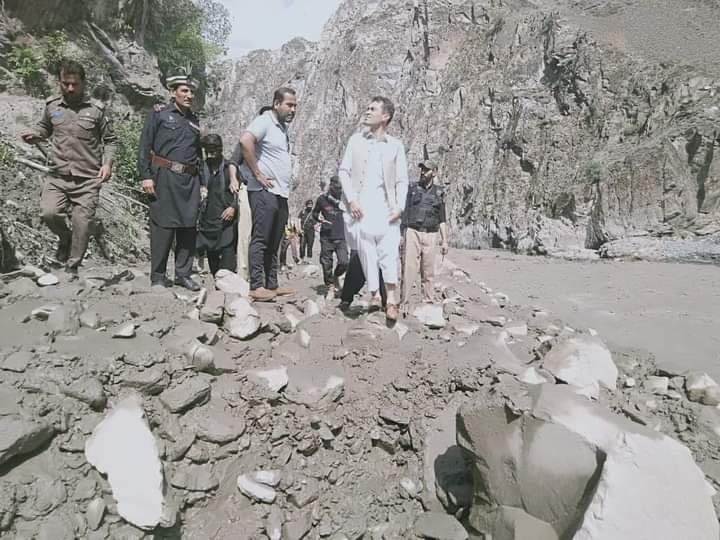The COP28 Presidency urged action to scale up food and agriculture innovation to drive both development and climate action, leveraging national and international mechanisms….reports Asian Lite News
The COP28 UAE Presidency launched its Food Systems and Agriculture Agenda. This forms part of its continued work to define the COP28 Action Agenda leading into this year’s climate conference.
The COP28 Presidency, represented by Mariam bint Mohammed Almheiri, Minister of Climate Change and the Environment and COP28 Food Systems Lead, called on governments to demonstrate leadership by signing the first-ever Leaders Declaration on Food Systems, Agriculture and Climate Action during the Food Systems Summit in Rome.
The Declaration invites national governments to align their national food systems and agriculture strategies, with their Nationally Determined Contributions (NDCs), National Adaptation Plans (NAPs), and National Biodiversity Strategies and Action Plans (NBSAPs). It will also celebrate countries who are leading the way by putting food systems and agriculture at the heart of the climate process.
In addition, the COP28 Presidency is calling on a diverse group of stakeholders in the food and agriculture sector to accelerate existing initiatives across food systems, agriculture, and climate action.
The COP28 Presidency will bring together businesses, farmer and producer organisations, and other non-state actors to drive progress across production, consumption, food loss and waste. This partnership will work with over 15 leading CEOs and involve actors across every stage of the agriculture supply chain, from production to consumption and finance.
As part of this collaboration, a flagship initiative was also launched to promote the widespread adoption of regenerative agriculture in large food landscapes underpinned by procurement and investment commitments. This initiative will be co-chaired with the UN Climate Change High Level Champions, the World Business Council for Sustainable Development (WBCSD) and Boston Consulting Group (BCG).
In a joint session on Food Systems and Climate Action at the UN Food Systems Summit Stocktaking Moment, co-chaired by Almheiri and Antonio Tajani, Italy’s Deputy Prime Minister and Minister of Foreign Affairs and Development Cooperation, Almheiri highlighted the need to urgently increase the resilience of climate-vulnerable farmers and reduce food system-related emissions. She emphasised that the recalibration will also contribute to realising both the Paris Agreement and United Nations Sustainable Development Goals (SDGs) by 2030.
“The COP28 Presidency’s commitment to prioritising food systems demonstrates a dedication to address pressing global challenges. By mobilising national leadership, engaging non-state actors, scaling innovation, and securing financing, COP28 aims to drive transformative change to secure a sustainable future for all,” the COP28 Food Systems Lead said.
The announcement of the COP28 Food Systems and Agriculture Agenda comes on the first day of the UN Food Systems Summit Stock Take Moment (STM) taking place in Rome this week, and underscores the essential elements required to both upgrade food systems and achieve climate objectives.
The announcement follows the UAE Government’s recent commitments to accelerate action to reduce nationwide emissions by 40 percent by 2030, compared to business-as-usual scenario in its Third Update of its Second NDC. Ahead of the G20 Environment and Climate Ministerial, the COP28 Presidency calls on all Parties to consider raising their ambition through revised NDCs, by meeting historic commitments, such as the US$100 billion of climate finance, and delivering what is needed at COP28, including the funding and arrangements for loss and damage.
Food systems are not only vital for meeting societal needs and enabling adaptation to climate impacts but are also responsible for significant global greenhouse gas emissions – representing up to 33 percent of total emissions according to the latest data. Current practices also contribute to loss of biodiversity, ecosystem degradation, consumption of 70 percent of freshwater, and can, in some cases, be associated with negative health impacts.
The COP28 Presidency urged action to scale up food and agriculture innovation to drive both development and climate action, leveraging national and international mechanisms – including the Agriculture Innovation Mission for Climate (AIM for Climate), the CGIAR and the Innovation Commission for Climate Change, Food Security and Agriculture. Working with partners, the Presidency will identify investment in a limited number of high-impact innovations, with a focus on smallholder and climate-vulnerable communities and producers.
Advancements in traditional agricultural practices play a major role responding to the realities of climate change and upgrading food systems. Scaling up promising and appropriate technologies, techniques and innovations can help all actors in the global food system mitigate as well as adapt to growing threats from rising temperatures and climate shocks.
To promote the Food Systems and Agriculture Agenda, the COP28 Presidency will work with the UN Food Systems Coordination Hub and a diverse set of partners, to build upon significant momentum and activities already underway at global, regional, and country level, adding to COP26, COP27, and the UN Food Systems processes.
Urgently upgrading food systems to respond to climate impacts and keep 1.5°C within reach is a cornerstone of the COP28 agenda and its focus on sustainable growth, livelihoods and well-being.
The COP28 Presidency also emphasised the importance of food systems and agriculture within the Global Goal on Adaptation, also mandated for adoption at COP28.




